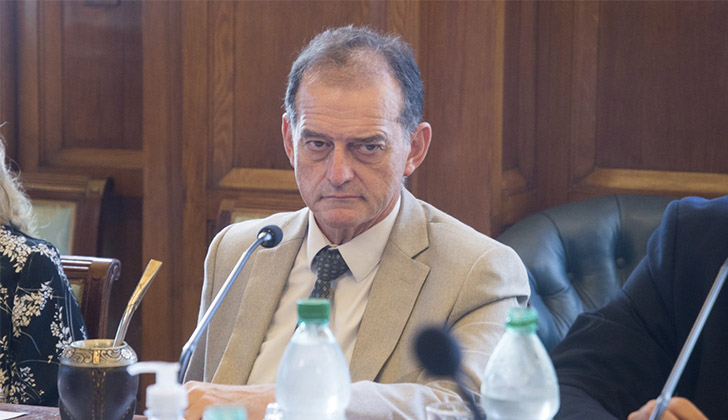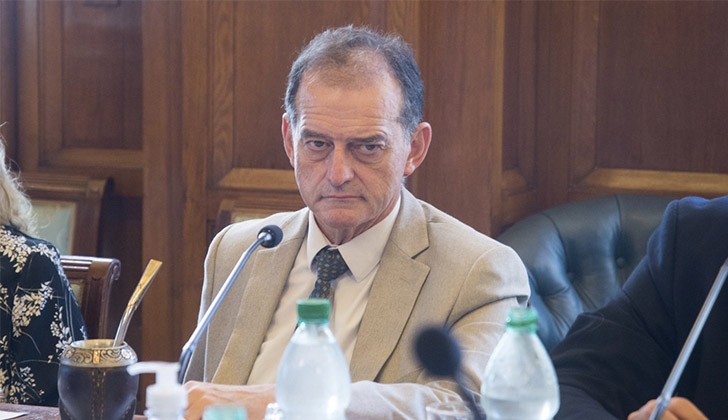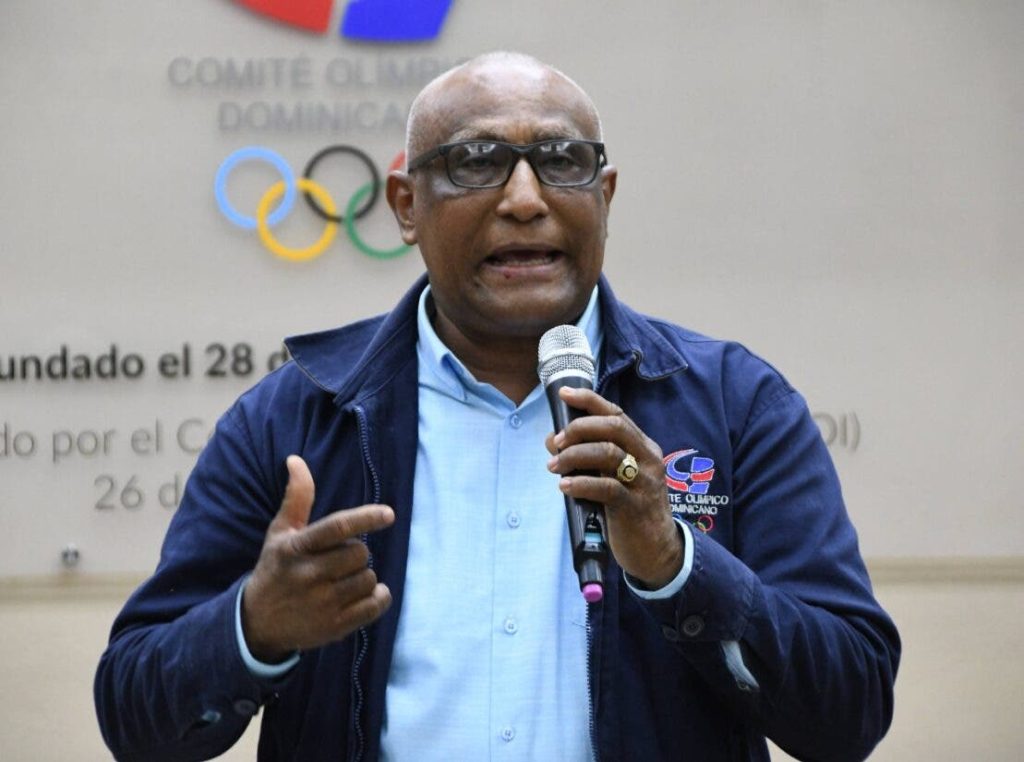
Almost five years ago, in 2020, the senator from Open Town Hall and member of the right-wing coalition that governed Uruguay, Guido Manini Ríosbreathed a sigh of relief after an intense day. At that time, the Upper House had rejected the request for immunity against himrelated to the alleged omission of the confession of the deceased repressor and criminal José Nino Gavazzo.
Gavazzo, in a Court of Honor in 2018, had admitted his responsibility in the disappearance and death of the Tupamaro leader Roberto Gomensoro during the civil-military dictatorship in Uruguay (1973-1985). Manini Ríos was accused of being aware of these confessions, and of not having proceeded with the corresponding process in Justice.
Shortly before, in March 2019, El Observador journalist Leonardo Haberkorn had published an article in which it was stated that Gavazzo admitted that in 1973 Gomensoro’s body was thrown into the Río Negro, while another repressor, Jorge ‘Pajarito’ Silveirawas much more explicit: he said that Gavazzo was directly responsible for the death of the Tupamaro militant as well as the other detainee in Artillery Group 1 and the disappearance of María Claudia García de Gelman. Silveira accused Gavazzo of not having “enough manhood” to publicly admit what he had done..
According to Haberkorn, despite the fact that these confessions and accusations reached the top desks of the Army, seven generals (three members of the Court of Honor, three others from an appeal court, and former commander Guido Manini Ríos) considered that the statements of the two murderers did not affect “the honor” of the Army. For them, they only affected the honor of the Officer Corps and their own for having allowed Colonel Juan Carlos Gómez to remain in prison for three years for the murder of Gomensoro, even though they knew that he was innocent of the accusations.
Manini Río protected by his jurisdiction and protected by the right-wing coalition
For all this, the prosecutor Rodrigo Morosoli He had requested the lifting of the parliamentary immunity that had fallen on Manini Ríos when he was elected senator during the period that is about to end, but something happened that “the general” did not expect: He was not elected to renew his position and, in fact, Cabildo Abierto had a very poor vote that left them without senators and with only 2 deputies.
Even though Manini Ríos had campaigned (when he wanted to be president) promising not to rely on the privileges, he decided to betray his own promise and embraced this sort of cloak of invisibility that protected him while he was sitting on his Senate bench. But the case against him in the case of Gavazzo’s confessions has not been banned and the case was not archived, as journalist Diego Martini Lemos recently published on X.com.
The statement stated that, currently, the case is in the hands of the Flagrancia prosecutor, Lucía Nogueira, and that it depends on her whether to take Manini Ríos to the dock or if the case will remain at the bottom of a file cabinet. , along with other causes that ended in nothing for different reasons.



















